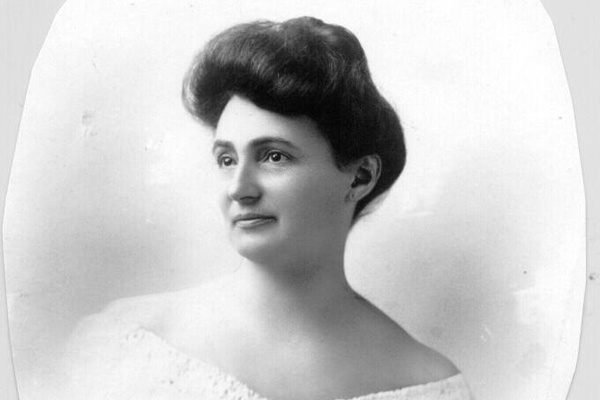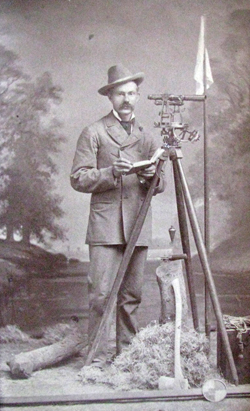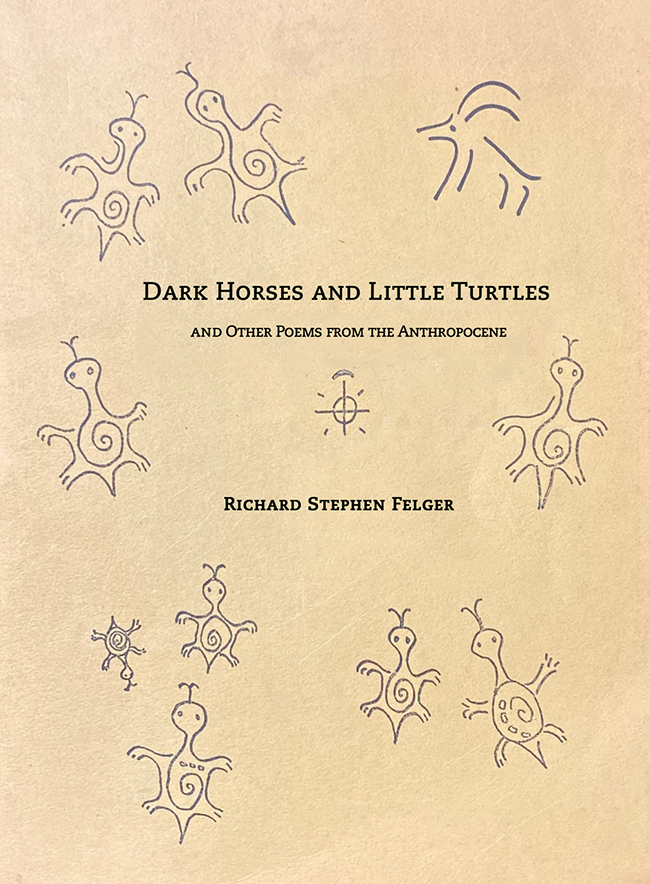Tucson’s History Resurrected

Jennie Migel-Drachman, wife of Sam Drachman, is a pioneer being featured at the cemetery tour.
photo courtesy Gloria Rosenfeld, her granddaughter.
Tucson has the distinction of being one of the longest continually inhabited locations in North America. While that history stretches back some 12,000 years, much of the early history of Tucson is lost to time. However, we are fortunate to have much of our recent history still with us both from an architectural perspective, as well as in the archives of the Arizona Historical Society.
One way to experience local history is set to take place on March 22, when the Arizona Historical Society presents their “Meet Tucson’s Pioneers” event at Evergreen Cemetery from 9 a.m. to 11:30 a.m. The event is a guided walking tour of the graves of significant Tucson pioneers coupled with living history interpreters who bring the stories of the deceased to life in period costume. Each of the eight performers has eight minutes to tell the story of their subject; following the tour, participants can speak with the re-enactors in more detail. Most have developed their own costume and story, and have been participating for years in the program.
The event brings life to notable Tucson forefathers such as Epes Randolph, George Roskruge, Sam Hughes, Jenny Drachman and T. Ed Litt, who many may only know due to local street or building names. Led by Betty Cook, an Arizona Historical Society docent, the tour also relies on a core group of people whose period dress presentations at the gravesides give a flavor unlike any other tour. This is the 11th year of the tour, an annual event that presents different Tucson forefathers each time. Most of the highlighted individuals come from the 1850s to 1900 when our city was booming for the first time.

George Roskruge, pioneer Arizona surveyor and prominent Tucsonan.
photo courtesy of American Antique Mall/photo taken by Henry Buehman
Evergreen Cemetery, 3015 N. Oracle Rd., contains the most significant of Tucson’s prominent burials. While our city’s original cemeteries were closer to downtown, Evergreen and Holy Hope Cemetery were established when the city boundaries began pushing north and west in 1907, and remains perhaps the most significant walk through history that one can experience in a single location. But it’s not just the names on the graves that are fascinating, it’s also the evolution and style of the memorials that are of note. Obviously the religion of the deceased, financial resources and other elements were of importance at the time of death, but it’s fascinating to see the variety and style of different markers over the years. From elaborate Victorian to simple headstones, the tour is a great excuse to get out of the car and see Tucson history up close. The event draws between 150-200 guests and Evergreen Cemetery is a great supporter of the annual event, even providing the tent and chairs for guests to use before and after the tour.
With a cost of just $15 per person, this excursion into history is affordable for most, and an additional add-on after the tour that visits graves of the “Army of The Republic” for just $5 is also well worth the time and additional hour, 11:30 a.m.-12:30 p.m., on March 22. Notable figures from the additional tours include George Hand, whose diary of life in Tucson is a cult favorite, and Sidney R. DeLong, Tucson’ first Mayor in 1871 and 1872 who was also a leader of the 1871 Camp Grant Massacre.
The annual Spring Meet Tucson’s Pioneers cemetery walk takes place Saturday, March 22 from 9 a.m. to 11:30 a.m. at Evergreen Cemetery, 3015 N. Oracle Rd. Tickets are $15 and include light refreshments post tour. RSVP by March 17 to Betty Cook at (520) 886-3363 or via email at cbetty@cox.net. Also find more information at ArizonaHistoricalSociety.org.




